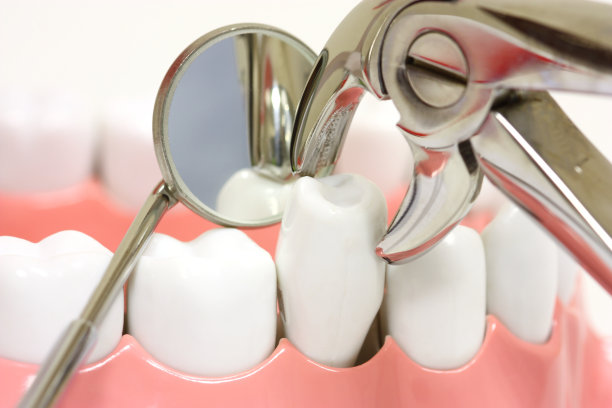Revolutionizing Smiles Beyond Repair The Comprehensive Guide to Dental Implant Treatment for All Ages and Needs
Summary: Dental implants have transformed the landscape of dental treatment, offering a reliable solution for restoring smiles beyond repair. This comprehensive guide provides an in-depth look at dental implant treatments suitable for all ages and needs, from understanding the procedure, candidacy, benefits, to maintaining your implants. With advancements in technology, dental implants are now more accessible than ever and can greatly enhance the quality of life for individuals with missing teeth. Whether one is seeking basic information or in-depth knowledge, this article serves as an essential resource for anyone interested in revolutionizing their smile through dental implants.
1. Understanding Dental Implant Procedures

Dental implant procedures can seem daunting, but understanding the steps involved can alleviate many concerns. The process typically begins with a comprehensive dental examination, including imaging techniques like X-rays or 3D scans to assess bone structure. This ensures that the jawbone can adequately support the implant.
Once suitability is established, the next step involves placing the titanium post into the jawbone, mimicking the root of a natural tooth. After this, a healing period usually lasts several months, during which the implant fuses with the bone through a process called osseointegration, establishing a strong foundation.
Finally, after successful healing, an abutment is attached to the implant, serving as a connector for the crown, which will be custom-made to match your natural teeth, providing functionality and aesthetic appeal. Each individuals experience may vary, but the general principles remain consistent across different age brackets.
2. Who Can Benefit from Dental Implants?
One of the many advantages of dental implants is their versatility, making them suitable for individuals of various ages and dental conditions. From young adults losing teeth due to sports injuries to elderly patients with extensive dental issues, implants can be customized to fit different needs. Any adult who has lost teeth can generally be a candidate, provided they have healthy gums and adequate bone density.
Additionally, dental implants serve those with complete tooth loss by offering options like full mouth restoration through implant-supported dentures. This method can significantly enhance comfort and stability, allowing individuals to enjoy their favorite foods again.
For younger patients, it’s essential to wait until jaw development is complete. However, careful planning and consultation with an orthodontist can pave the way for future implant placements if necessary. Importantly, the journey toward better oral health with dental implants is accessible and beneficial for most people.
3. Advantages of Choosing Dental Implants
The benefits of dental implants extend beyond just aesthetics. Firstly, they significantly improve chewing ability, enabling individuals to eat a wider variety of foods without discomfort. Unlike dentures, which can slip or require messy adhesives, implants are fixed and provide the same level of stability as natural teeth.
Secondly, dental implants promote bone health. When teeth are lost, the underlying jawbone can deteriorate over time, leading to a myriad of dental and facial issues. By integrating with the bone, implants help maintain its structure and prevent further loss, ensuring a healthier, more youthful appearance.
Another major advantage is the durability of dental implants. With proper care, they can last a lifetime, making them a cost-effective solution compared to traditional dentures or bridges, which might require frequent replacements. Such long-term benefits make dental implants a worthy investment into ones overall oral health.
4. Care and Maintenance of Dental Implants
Maintaining dental implants is essential for their longevity and functionality. Good oral hygiene practices are the foundation of this care, including brushing and flossing regularly around the implants. Patients should also attend regular dental check-ups to monitor the health of the implants and their surrounding tissues.
Its also important to avoid harmful habits, such as smoking or excessive alcohol consumption, which can compromise implant success. Patients should communicate openly with their dental care providers regarding any discomfort or changes in their oral health to ensure timely interventions.
Furthermore, staying informed about the latest practices in dental care can empower individuals to take full control of their oral health. With diligence and a strong dental hygiene routine, implants can continue to function effectively, providing the benefits of improved aesthetics and oral function.
Summary: This comprehensive guide details the essential aspects of dental implant treatment, from understanding the procedure to candidate suitability, the multitude of benefits, and proper maintenance strategies. The advancements in dental technology have made it easier for people of all ages to achieve a smile makeover that enhances their quality of life, enabling them to eat, speak, and smile confidently.
As you consider transforming your smile with dental implants, remember they offer a long-term solution to tooth loss that is both functional and aesthetically pleasing. Make the choice for your best oral health today!
This article is compiled by Vickong Dental and the content is for reference only.



